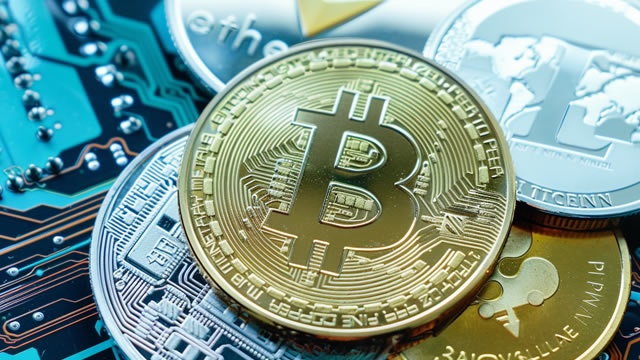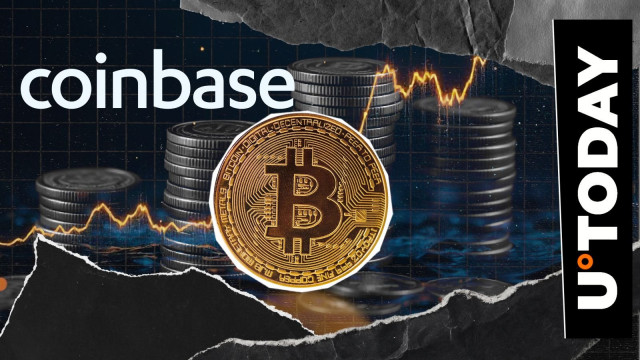
Polymarket's $2.59B Peak Volume Includes 25% Artificial Trades, Report Shows
Summary
Polymarket's Regulatory Hurdles: Balancing Innovation and Compliance in Decentralized Prediction Markets
In the rapidly evolving world of decentralized finance (DeFi), Polymarket has emerged as a prominent player in the prediction market space. However, a recent report from Columbia researchers has shed light on a concerning trend within Polymarket's ecosystem - the prevalence of artificial "wash trades" accounting for a staggering 25% of the platform's $2.59 billion peak trading volume.
The report's findings highlight the delicate balance that decentralized platforms must strike between fostering innovation and ensuring regulatory compliance. Polymarket's zero-fee structure and pseudonymous wallet system have made it relatively easy for participants to engage in circular trading, a practice where traders buy and sell the same asset repeatedly to artificially inflate trading volume and create a false sense of liquidity.
This revelation comes at a time when the cryptocurrency industry is facing increased scrutiny from regulators around the world. The US Commodity Futures Trading Commission (CFTC) and the Securities and Exchange Commission (SEC) have been closely monitoring the activities of DeFi platforms, seeking to ensure that they operate within the bounds of existing financial regulations.
The implications of this report go beyond Polymarket itself. The prevalence of wash trading in decentralized prediction markets raises concerns about the integrity and transparency of these emerging financial instruments. Investors and regulators alike will be closely watching how the industry responds to these challenges, as the future of DeFi may hinge on its ability to strike a balance between innovation and compliance.
Looking ahead, the Polymarket case highlights the pressing need for decentralized platforms to implement robust market surveillance and reporting mechanisms. This could involve the development of advanced analytics tools to identify and mitigate manipulative trading practices, as well as closer collaboration with regulatory bodies to ensure that these platforms operate in a transparent and accountable manner.
Moreover, the broader cryptocurrency ecosystem may face increased pressure to self-regulate and demonstrate a commitment to building trustworthy and reliable financial infrastructure. As the industry continues to evolve, the ability of DeFi platforms to navigate the regulatory landscape and maintain the trust of investors will be crucial to their long-term success.
In conclusion, the revelations about Polymarket's trading practices serve as a wake-up call for the DeFi industry. While the promise of decentralized prediction markets is compelling, the industry must confront the challenges of transparency, accountability, and regulatory compliance head-on. By addressing these issues proactively, decentralized platforms can pave the way for sustainable growth and the widespread adoption of these innovative financial tools.





